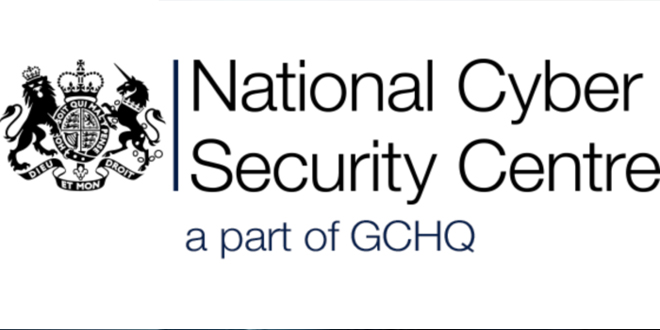The UK’s NCSC wants smart device manufacturers to follow new law banning default passwords. The law, known as the Product Security and Telecommunications Infrastructure act (or PSTI act), will be effective on April 29, 2024.
“From 29 April 2024, manufacturers of consumer ‘smart’ devices must comply with new UK law.” reads the announcement published by NCSC. “The law, known as the Product Security and Telecommunications Infrastructure act (or PSTI act), will help consumers to choose smart devices that have been designed to provide ongoing protection against cyber attacks.”
By F2
/ Thursday , July 3 2025
The final day of the Cyber Defence & Security Exhibition and Conference (CYDES) 2025 concluded with high-impact engagements at the...
Read More
By F2
/ Thursday , July 3 2025
Cisco warns that a vulnerability in Cisco Unified Communications Manager (Unified CM) and Cisco Unified Communications Manager Session Management Edition...
Read More
By F2
/ Wednesday , July 2 2025
The second day of the Cyber Defence & Security Exhibition and Conference (CYDES) 2025 further cemented Malaysia’s position as a...
Read More
By F2
/ Tuesday , July 1 2025
Malaysia's Deputy Prime Minister Datuk Seri Dr. Ahmad Zahid Hamidi said that Malaysia has placed cybersecurity at the heart of...
Read More
By F2
/ Tuesday , July 1 2025
Mark Chen, the chief research officer at OpenAI, sent a forceful memo to staff on Saturday, promising to go head-to-head...
Read More
By F2
/ Tuesday , July 1 2025
The Canadian government ordered Hikvision to stop all operations in the country due to national security concerns. Hikvision, based in...
Read More
By infosecbulletin
/ Sunday , June 29 2025
Doctors at Columbia University Fertility Center have reported what they are calling the first pregnancy using a new AI system,...
Read More
By infosecbulletin
/ Saturday , June 28 2025
Cybersecurity experts and federal authorities are warning that the Scattered Spider hackers are now targeting aviation and transportation, indicating a...
Read More
By F2
/ Saturday , June 28 2025
Since June 9, 2025, Russian users connecting to Cloudflare services have faced throttling by ISPs. As the throttling is being...
Read More
By infosecbulletin
/ Saturday , June 28 2025
A new report from SafetyDetectives reveals that hackers posted a massive 3.1GB dataset online, containing about 61 million records reportedly...
Read More
The U.K. is the first country to ban default passwords on IoT devices. This law stops manufacturers from providing devices with easily accessible passwords that can be shared.
The law applies to the following products:
Smart speakers, smart TVs, and streaming devices
Smart doorbells, baby monitors, and security cameras
Cellular tablets, smartphones, and game consoles
Wearable fitness trackers (including smart watches)
Smart domestic appliances (such as light bulbs, plugs, kettles, thermostats, ovens, fridges, cleaners, and washing machines)
Hackers could use these to get into a network or carry out cyber attacks.
Companies must provide a way to report security issues and specify how long the device will get important security updates.
The NCSC stated that the PSTI act applies to organizations that import or sell products for the UK market. This includes most smart devices made outside the UK. Manufacturers who do not comply with the act will be fined up to £10 million or 4% of their worldwide revenue.
 InfoSecBulletin Cybersecurity for mankind
InfoSecBulletin Cybersecurity for mankind














